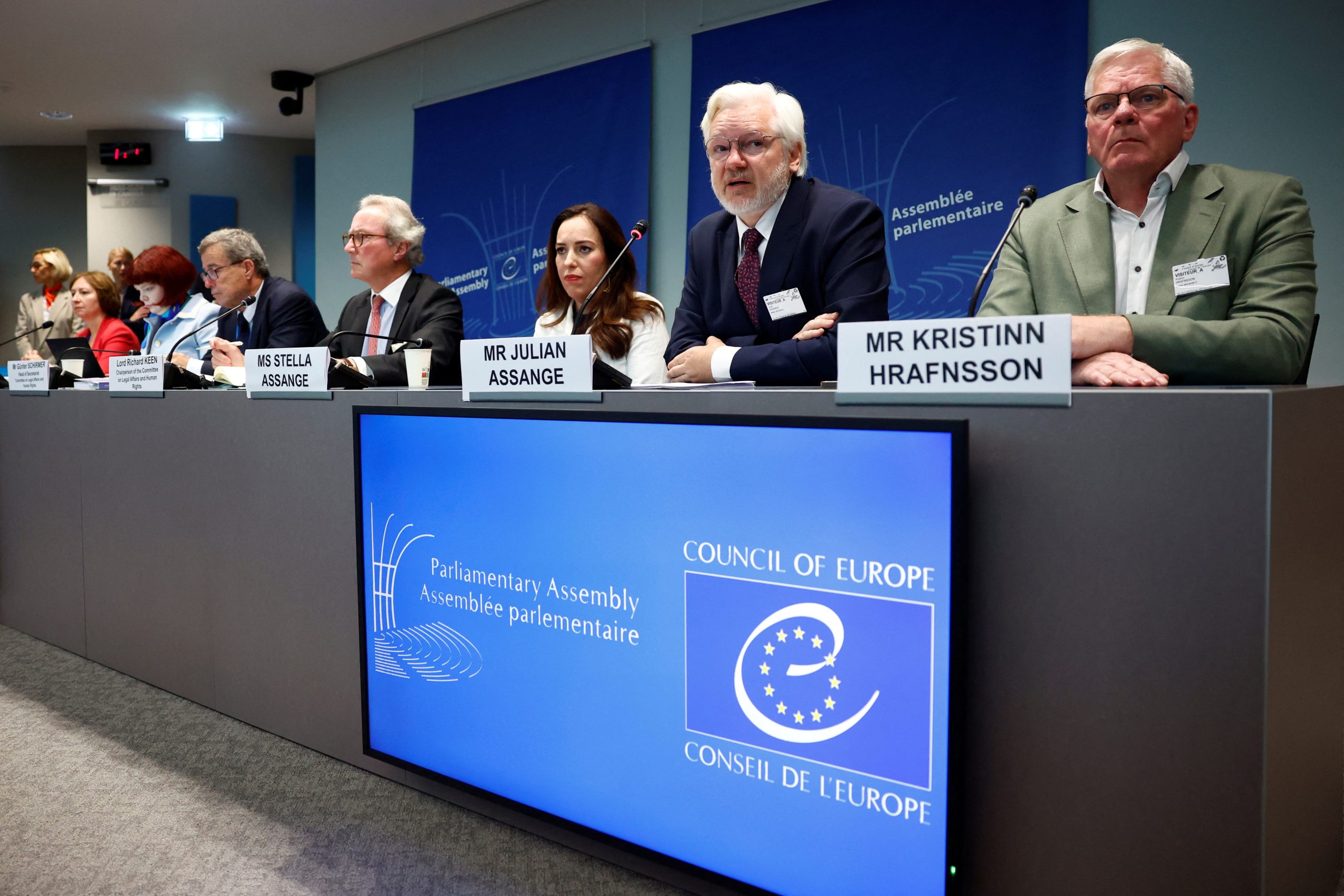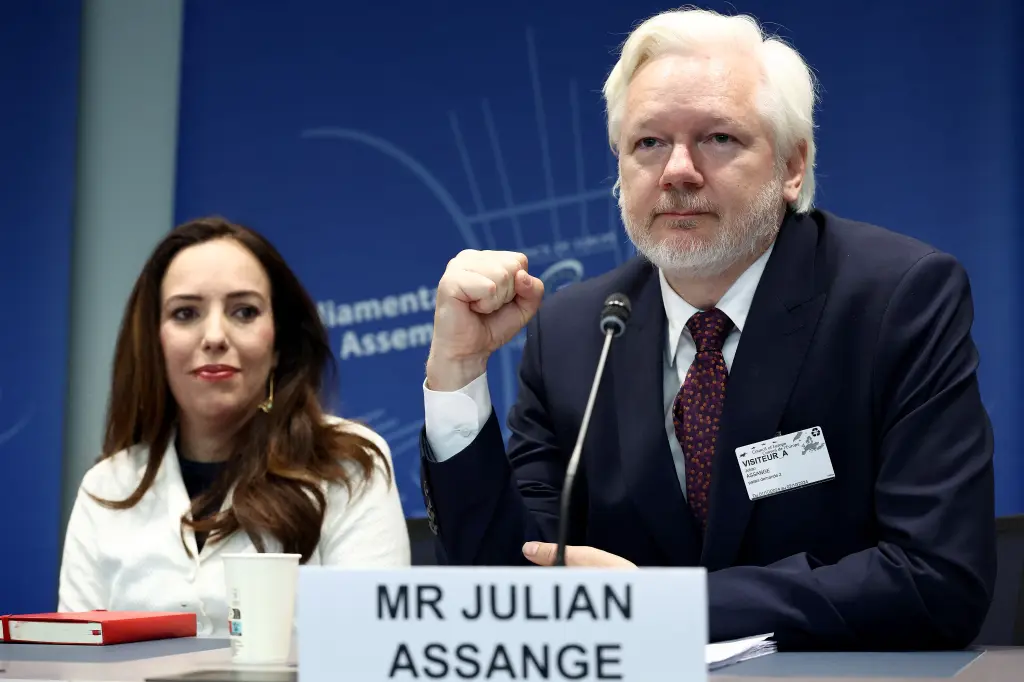Julian Assange, founder of WikiLeaks, has made his first public statement since reaching a plea deal with US authorities, stating he opted for freedom over pursuing an unattainable form of justice. Speaking to lawmakers in Strasbourg, Assange emphasized the growing threats to freedom of expression and the increasing retaliation against those who expose the truth.
He criticized the legal protections for journalists and whistleblowers, saying they are either ineffective or exist only in theory. He called on European lawmakers to protect investigative journalism from criminalization, which he sees as a global issue that affects journalists everywhere.
Assange rose to prominence in 2010 when WikiLeaks published classified US military documents leaked by Chelsea Manning. The files revealed US misconduct in Iraq, including the deaths of unarmed civilians, which sparked international outrage.
A few months later, he further provoked the US by releasing 250,000 diplomatic cables, causing a significant diplomatic crisis. After years of legal battles, Assange agreed to a plea deal, admitting to a single charge of conspiring to obtain and publish classified documents. He received a 62-month sentence, essentially covering the time he had already served in prison and under various forms of confinement.
Assange’s long legal saga included seven years inside the Ecuadorian embassy in London, where he sought asylum to avoid extradition to Sweden on charges of sexual assault. Although Swedish authorities dropped the investigation in 2017, Assange remained in the embassy, fearing extradition to the US.

Julian Assange Urges European Lawmakers to Defend Press Freedom After Striking US Plea Deal
His asylum was revoked in 2019, leading to his arrest by British authorities. Throughout, Assange denied the sexual assault allegations, but his confinement raised broader concerns about press freedom and the potential abuse of legal systems to silence journalists.
Assange recounted the intensified pressure he faced after Donald Trump took office in 2017. With Mike Pompeo appointed CIA director and William Barr as attorney general, the US government became more aggressive toward WikiLeaks.
Reports surfaced that CIA officials even considered kidnapping or assassinating Assange during his time in the Ecuadorian embassy. He also disclosed that his family was targeted by US surveillance, including an attempt to collect his infant son’s DNA, further illustrating the extent of the US’s actions against him.
In his address to the Council of Europe, Assange described the psychological toll of years spent in isolation in Belmarsh prison. He spoke of the difficulty in conveying the sense of losing one’s identity while being confined for so long.
His plea for action comes as European lawmakers prepare to debate a resolution condemning the severe charges the US brought against him, which they argue could have a chilling effect on journalists worldwide. However, some dissenters, like British peer Richard Keen, argued that Assange’s detention was lawful and not politically motivated and that labeling him a political prisoner undermines the cause of real political prisoners.











































